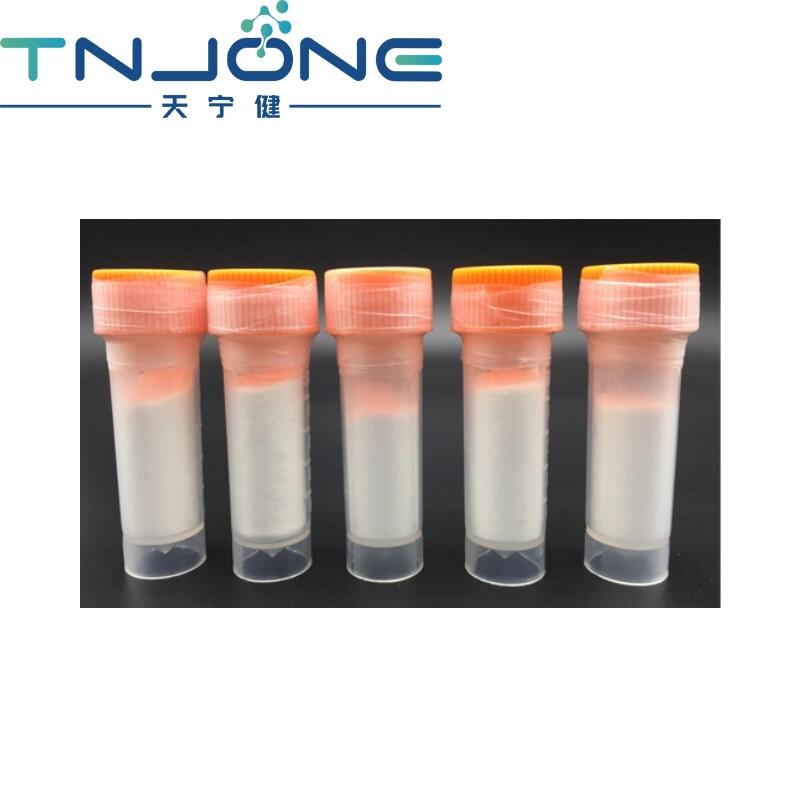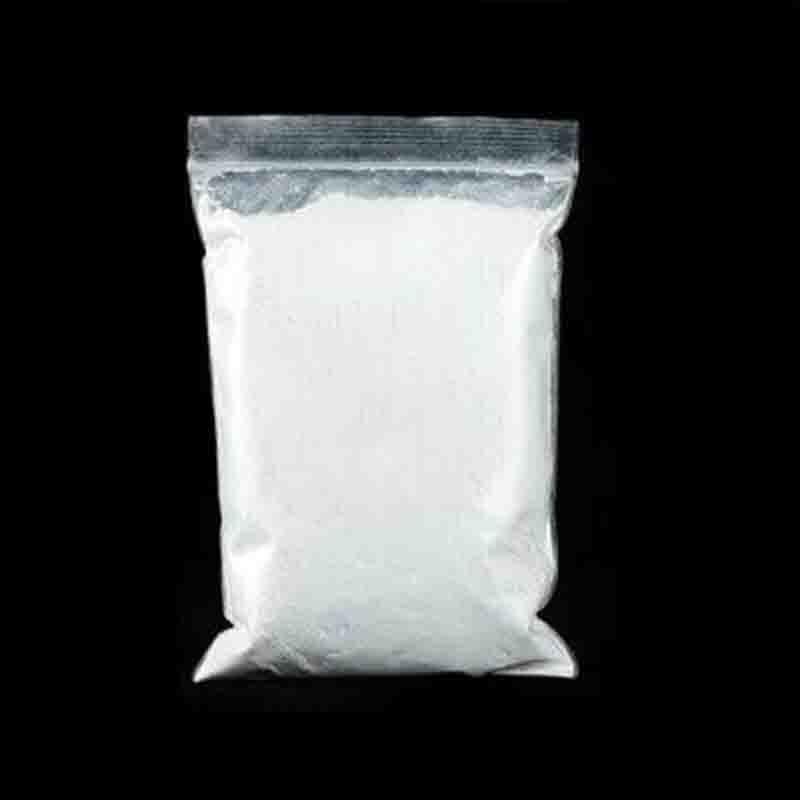-
Categories
-
Pharmaceutical Intermediates
-
Active Pharmaceutical Ingredients
-
Food Additives
- Industrial Coatings
- Agrochemicals
- Dyes and Pigments
- Surfactant
- Flavors and Fragrances
- Chemical Reagents
- Catalyst and Auxiliary
- Natural Products
- Inorganic Chemistry
-
Organic Chemistry
-
Biochemical Engineering
- Analytical Chemistry
-
Cosmetic Ingredient
- Water Treatment Chemical
-
Pharmaceutical Intermediates
Promotion
ECHEMI Mall
Wholesale
Weekly Price
Exhibition
News
-
Trade Service
Severe muscle weakness (MG) is an autoimmune disease caused by transmission dysfunction at nerve-muscle joints, which is mainly manifested in clinically as partial or systemic skeletal muscle weakness and fatigue, and the symptoms worsen after activity and are reduced after rest.
prevalence rate of 77 to 150/1 million, the annual incidence rate of 4 to 11/1 million.
prevalence is greater than that of men, about 3:2, all ages have the disease, children 1 to 5 years old in the majority.
MG patients often feel eye or limb swelling discomfort in the early stages of the disease, or blurred vision, easy fatigue, hot weather or menstrual tide fatigue aggravated.
with the development of the disease, skeletal muscle is obviously tired and weak, characterized by muscle weakness in the afternoon or evening after tiredness, morning or rest after relief, this phenomenon is called "morning light twilight heavy."
, MG treatment includes cholinesterase inhibitors, immunosuppressants, plasma replacement, intravenous immunoglobulin, etc.
, adrenal corticosteroid hormones such as strong pine, methanol and so on are the most commonly used immunosuppressants.
, however, how to reduce the amount after hormone therapy MG is still a clinical problem.
, many of the recommendations in the guidelines have yet to be studied for inflammation.
, experts from the International MAYACOR Research Group made a comprehensive comparison of the efficacy of the Pernisson standard slow reduction and rapid reduction.
results were published in the latest issue of the Journal of the American Medical Association, JAMA Neurology.
the team conducted a multi-center, parallel, single-blind randomized trial between 1 June 2009 and 31 July 2013 to compare the two hormone reduction programmes mentioned above.
participants recruited a total of 2,291 patients with moderate to severe MG recruited from seven specialized centres in France.
The two groups of patients were randomly assigned to the slow reduction group (strong pine dose gradually increased to 1.5 mg/kg, once the MG remission state is reached, slowly decreased) and the rapid treatment group (immediately after diagnosis, the daily high dose of strong pine 0.75 mg/kg administration, once the MG improved state, the dose is reduced rapidly in advance).
all participants were treated with thiopental at a maximum dose of 3 mg/kg/d.
the study was to achieve hormone-free remission at 12 months and no clinical recurrence at 15 months.
of the 2,291 patients assessed, 2,086 did not meet the inclusion criteria and 87 refused to participate.
, a total of 117 patients (58 in the slow group and 59 in the fast group) were eventually included in the study and randomly grouped.
participants included 62 men (53 per cent) and a median age of 65 (quarter-digit range, 35-69 years).
after adjusting the mixing factors, the results showed that the proportion of patients in the fast group who achieved the main results was higher (23 (39 percent) vs 5 (9 percent)) and HR was 3.61 (95 percent CI, 1.64-7.97; P .001).
further analysis showed that patients who chose a rapid treatment option had reduced their intake by 1898 mg (95% CI, -3121 to -461 mg) per patient (i.e. 5.3mg/d, P .03) over a one-year 1 year.
addition, there was no significant difference in the number of serious adverse events between the two groups (13 (22 per cent) vs 21 (36 per cent), P s 0.15).
, the study suggests that for moderate to severe MG patients who need high doses of strong pine and thiopental therapy, the choice of strong pine rapid reduction therapy is not only well-to-do, but also has better clinical outcomes.
: Sharshar T, et al. Comparison of Corticosteroid Tapering Regimens in Myasthenia Gravis: A Randomized Clinical Trial. JAMA Neurol. Published online February 08, 2021. doi:10.1001/jamaneurol.2020.5407MedSci Original Source: MedSci Original Copyright Notice: All noted on this website "Source: Mays Medicine" or "Source: MedSci Original" text, images and audio and video materials, copyrights are owned by Metz Medicine, without authorization, no media, website or individual may reproduce, authorized to reproduce with the words "Source: Mets Medicine".
all reprinted articles on this website are for the purpose of transmitting more information and clearly indicate the source and author, and media or individuals who do not wish to be reproduced may contact us and we will delete them immediately.
at the same time reproduced content does not represent the position of this site.
leave a message here







